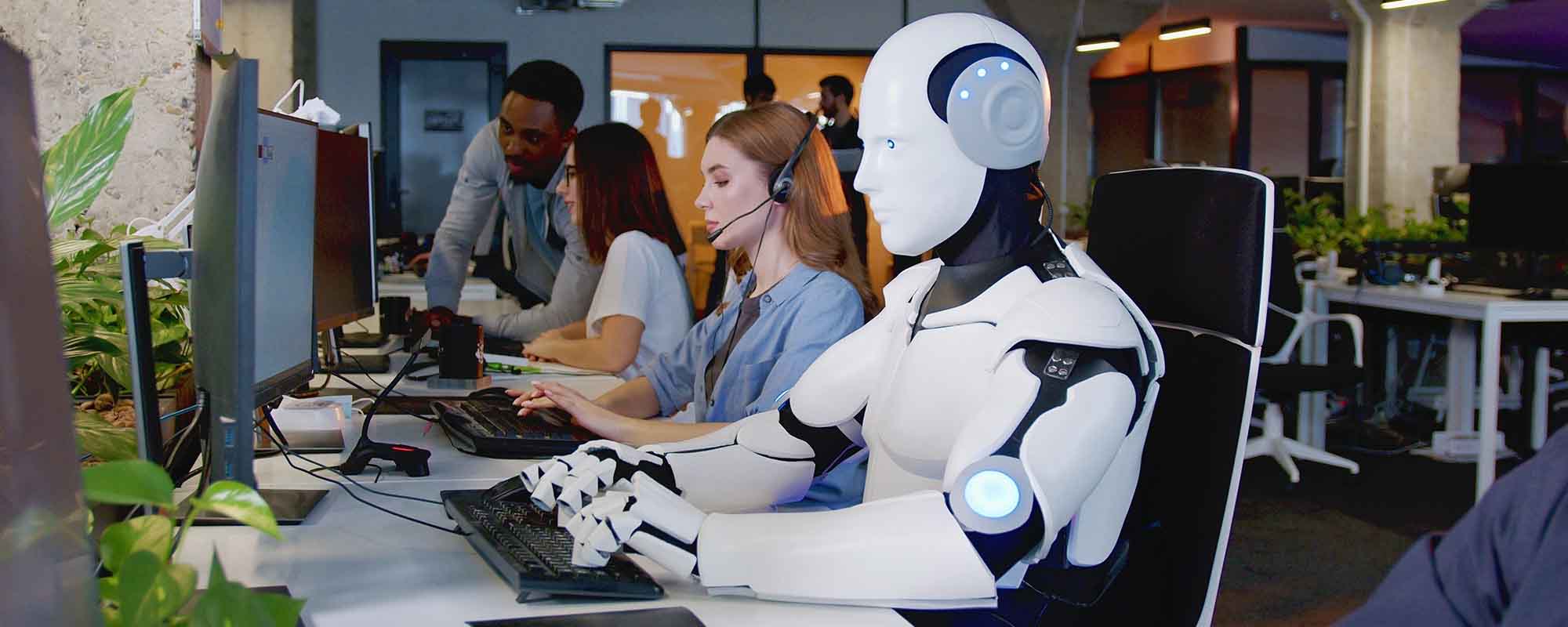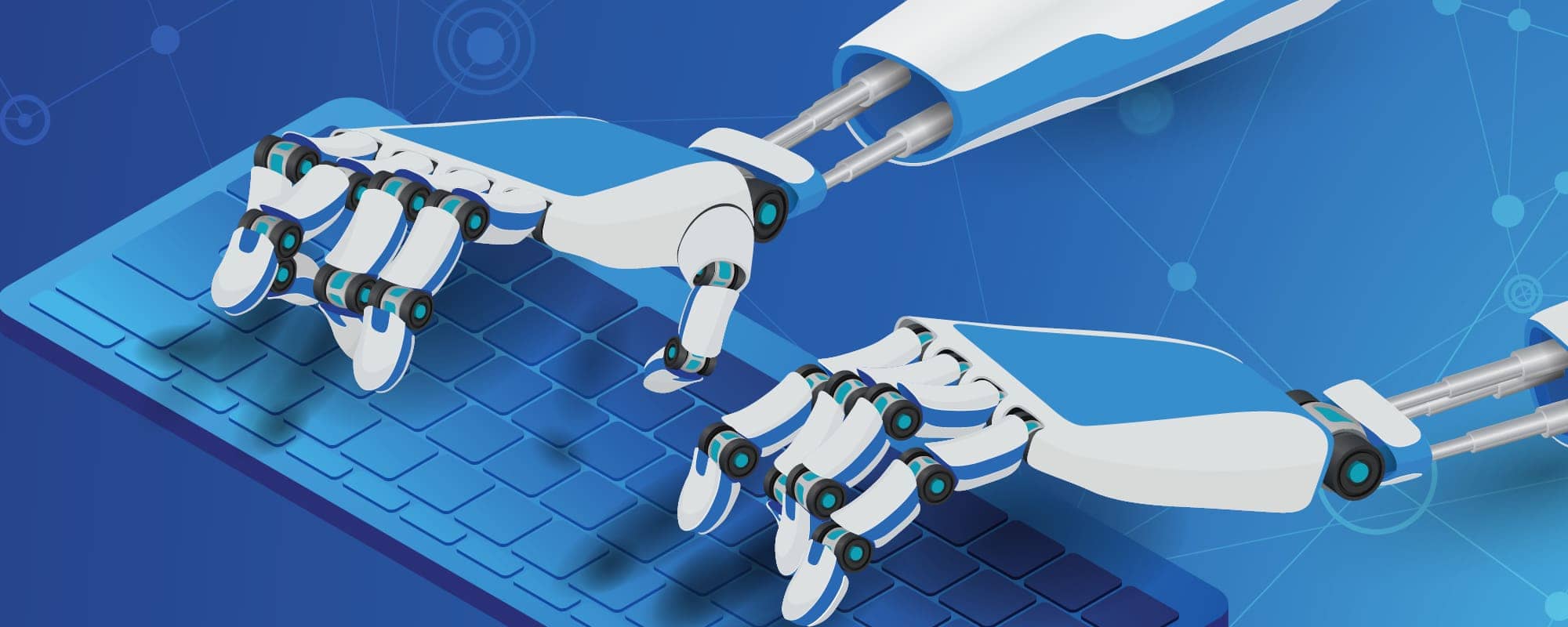Filling in an FS3 form (Statement of Earnings/Tax Return forms) is already a headache, but imagine trying to prepare accounts for a small business. It is a time-consuming and laborious process, and doing things by hand can lead to serious mistakes. Why haven’t we automated accounting yet?
Continue readingface:LIFT: Using Text Descriptions to Create Photo-Realistic Faces
Imagine creating photo-realistic images of faces using only text descriptions. This innovative UM software is now freely available to the public!
Continue readingAI Meets the Maltese Courts: Can AI Simplify Small Claims Proceedings?
The idea behind the AMPS project is to investigate the use of natural language processing and machine learning to predict the outcome of Maltese court cases, specifically those within the Small Claims Tribunal, which deals with claims of up to €5000. The objective is to provide a tool to help adjudicators decide cases more efficiently while respecting and integrating the ethical and safety concerns which inevitably arise. By aligning with best practices and guidelines, the project team intends not only to develop a tool for the courts but also to advance the use of the Maltese language in relation to Artificial Intelligence (AI).
Continue readingGoing Viral: The Rise of Virtual Influencers
Virtual influencers are computer-generated avatars that have been dominating social media, and they are reshaping the way we absorb content. Completely realistic and entirely digital, virtual influencers are changing the game in social media and marketing. With breakthroughs and challenges, the AI sector is transforming online engagement and bringing fresh innovations to our world.
Continue readingTop 11 Real-Life AI Innovations Shaping Our World Today
Automating mundane tasks, incredible problem solving, and the wonder of creating smarter and smarter technology. What’s not to love about robots and AI? (Besides the whole losing our jobs thing). Check out our favourite 11 real-life AI and Robots below!
Continue readingEvolution of Video Games: From Niche to Mainstream
Once a fringe pastime, video games have become a cornerstone of modern entertainment. This evolution reflects decades of technological advancement and shifting cultural landscapes.
Continue readingIs Digital Currency More Sustainable Than Paper Currency?
In a world increasingly conscious of its environmental footprint, the debate around the sustainability of digital currency compared to traditional paper currency is more relevant than ever. We delve into the environmental impact of both forms of currency, focusing on their carbon and water footprints. Together with Prof. Joshua Ellul, we explore the often-discussed environmental effects of cryptocurrency mining and compare those to the emissions associated with paper money.
Continue readingSeifert Systems: A Blueprint for Carbon-Neutral Manufacturing
Seifert Systems is a German family business with over 50 years of experience in designing and manufacturing thermal management products. With its operation set up in Malta decades ago by Engineer Rolf Seifert, it has grown into the renowned business it is today, operating as a globally recognised company. Recently, Seifert made the news for Malta’s first Zero Carbon Footprint factory. In exploring Seifert’s journey to carbon neutrality (and in light of Europe and Malta’s ambitious net zero targets for 2050), the opportunity arises to set an example for other manufacturing companies to follow.
Continue readingSMARTSPACK and the Circular Economy: Closing the Loop on Packaging Materials
Packaging in the consumer product landscape might seem like gloss and glitter, but it serves an essential function: it presents the product to the consumer and safeguards it from harm. However, packaging is often quickly discarded and raises concerns regarding sustainability. Because of this, in the quest for more sustainable packaging solutions, the principles of circular economy are gaining prominence.
Continue readingTweeting About the News
Nicholas Mamo has developed an algorithm that analyses Twitter feeds and extracts information about events. This type of artificial intelligence has been designed to automatically identify the participants involved in the events and understand what happened based on the tweets.
Continue reading









